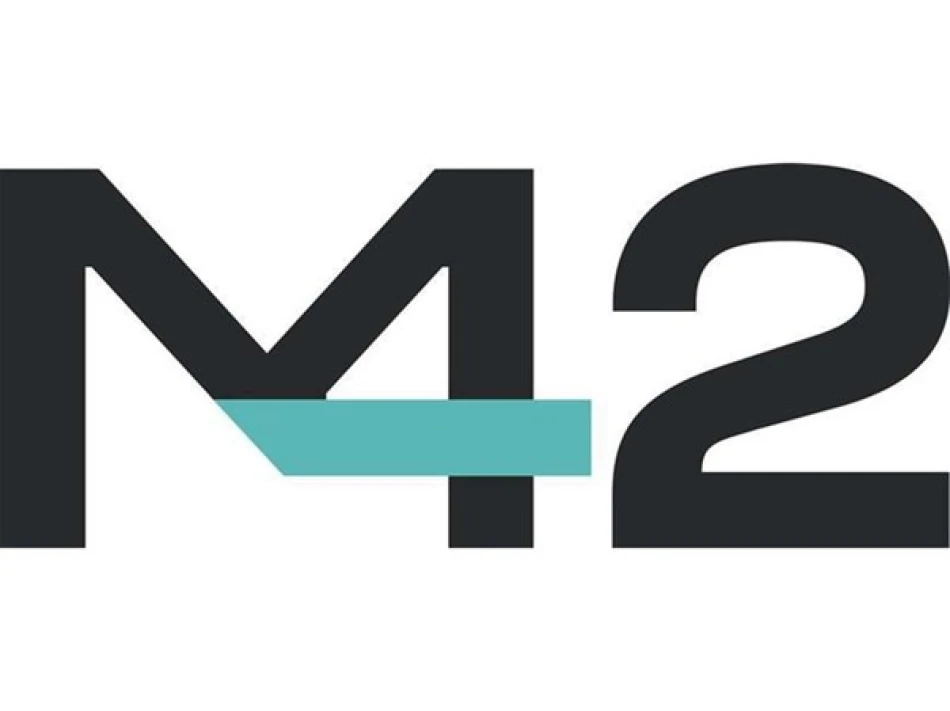
Groundbreaking AI-Powered Tuberculosis Screening Achieves Unprecedented Accuracy
UAE's M42 Achieves Near-Perfect AI Tuberculosis Detection in Groundbreaking Million-Image Study
A landmark study by UAE healthcare technology leader M42 has demonstrated that artificial intelligence can achieve 98.5% accuracy in tuberculosis screening while maintaining zero false negatives across over one million chest X-rays. Published in Nature's Digital Medicine journal, this research represents one of the largest real-world clinical validations of AI in medical diagnostics and positions the UAE as a leader in AI-driven healthcare innovation.
Revolutionary Performance Metrics Signal Healthcare Automation Breakthrough
The AIRIS-TB model's exceptional performance—achieving a 98.5% AUROC score with zero false negatives—surpasses many existing diagnostic tools and establishes a new benchmark for AI medical applications. This level of accuracy is particularly significant given tuberculosis remains one of the world's top infectious disease killers, claiming approximately 1.6 million lives annually according to WHO data.
The zero false-negative rate is especially crucial for TB screening, as missing active cases can lead to disease progression and community transmission. This reliability factor makes AIRIS-TB suitable for deployment in high-stakes screening programs where human oversight may be limited.
Addressing Global Healthcare Resource Shortages
Radiologist Scarcity Crisis
The timing of this breakthrough coincides with a global shortage of radiologists, particularly acute in developing nations where TB burden is highest. Countries like India, Nigeria, and Indonesia—which account for nearly half of global TB cases—face severe radiologist shortages, with some regions having fewer than one radiologist per 100,000 people.
AIRIS-TB's ability to automate routine screening allows the limited pool of radiologists to focus on complex cases, potentially multiplying diagnostic capacity in resource-constrained environments. This represents a scalable solution to a persistent global health challenge.
Market Implications for Healthcare Technology
The successful validation of AIRIS-TB positions M42 to capture significant market share in the growing AI medical imaging sector, valued at approximately $4.2 billion globally and projected to reach $11.9 billion by 2030. The company's approach of conducting large-scale real-world validation studies provides a competitive advantage in regulatory approvals and clinical adoption.
UAE's Strategic Healthcare Technology Leadership
This achievement reinforces the UAE's positioning as a regional healthcare innovation hub, building on substantial government investments in AI and digital health infrastructure. The country's National AI Strategy 2031 aims to make the UAE a global leader in AI adoption across key sectors, with healthcare as a priority area.
The study's approval by Abu Dhabi's Department of Health adds regulatory credibility that could accelerate international adoption. This regulatory backing, combined with publication in a prestigious Nature journal, provides the clinical evidence needed for deployment across diverse healthcare systems.
Comparative Global Context
While countries like Singapore and South Korea have made significant strides in healthcare AI adoption, the UAE's approach of conducting massive real-world validation studies sets a new standard for evidence-based implementation. Unlike smaller pilot programs common elsewhere, M42's million-image dataset provides statistical power that regulatory bodies and healthcare systems demand for widespread deployment.
The study's scope exceeds many Western healthcare AI initiatives, positioning the UAE ahead of traditional medical research centers in practical AI implementation. This could establish the country as a preferred testing ground for healthcare AI technologies seeking global validation.
Commercial and Clinical Scalability
AIRIS-TB's design for easy integration into existing healthcare systems addresses a critical adoption barrier that has limited many AI medical tools. The model's ability to process routine screenings automatically while flagging complex cases for human review creates a practical workflow that doesn't require complete system overhauls.
This hybrid approach—AI handling routine cases while humans focus on complex diagnoses—represents the most viable path for widespread AI adoption in healthcare. It addresses physician concerns about AI replacement while demonstrating clear value in improving efficiency and patient outcomes.
Future Implications for Global Health
The success of AIRIS-TB could accelerate the development of similar AI diagnostic tools for other infectious diseases prevalent in resource-limited settings. The methodology and validation approach established by M42 provides a blueprint for developing and testing AI medical tools at scale.
For global health organizations and governments, this study demonstrates that AI can deliver reliable diagnostic capabilities in settings where traditional medical infrastructure is insufficient. The potential for reducing TB transmission through improved early detection could have profound public health implications, particularly in high-burden countries where screening programs are currently limited by human resource constraints.
Most Viewed News

 Layla Al Mansoori
Layla Al Mansoori






